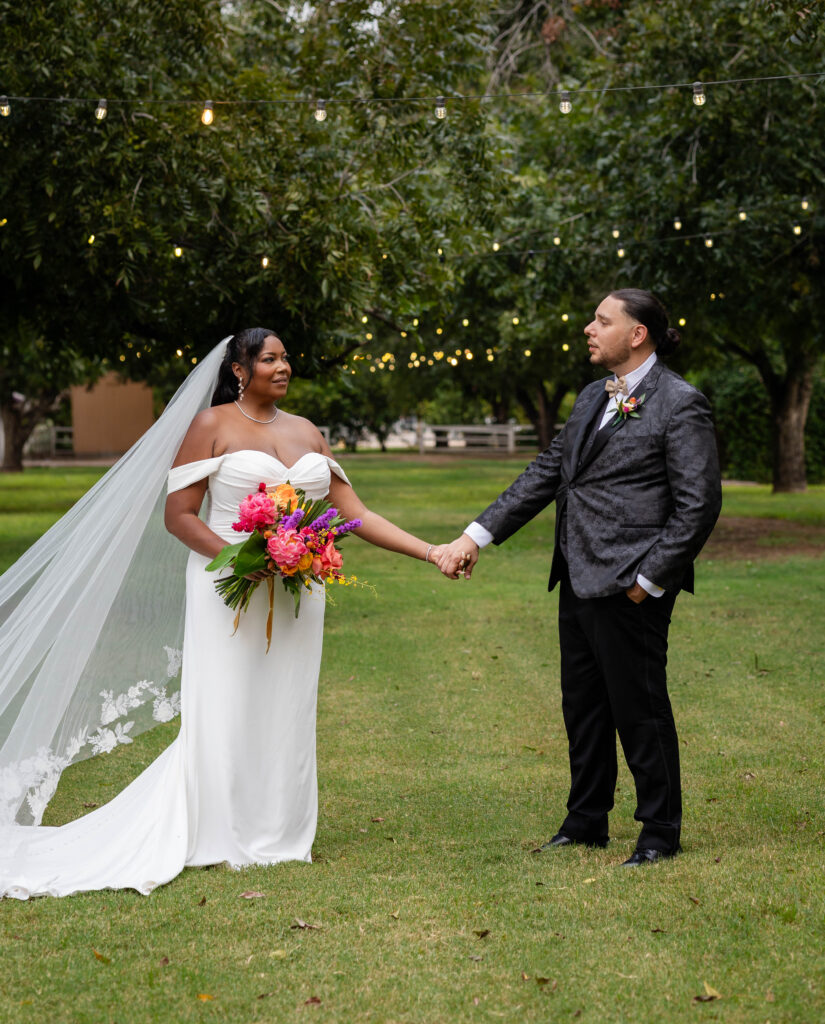How To Budget For A Wedding.
Rhodes Blake
- Set a realistic budget: Start by figuring out how much money you can realistically afford to spend on your wedding. Don’t forget to factor in hidden costs like taxes, tips, and additional fees.
Setting a realistic wedding budget is an important part of planning your special day. To start, take an honest look at your finances and think about how much money you can realistically afford to spend on the wedding. Don’t forget to factor in any hidden costs like taxes, tips, and additional fees that can quickly add up. It’s also a good idea to set aside a few extra dollars for any unexpected costs that may arise. Doing this will help ensure that your budget is realistic and that you are comfortable with the amount of money you are spending.
2. Prioritize: Decide which elements of your wedding are most important to you and set aside a larger portion of your budget for those items. This will help you stay within your budget while still getting the most important things you want.
Prioritizing is a great way to stay within your wedding budget. Start by asking yourself what elements of your wedding are most important to you, such as the venue, food, flowers, or music. Once you have established which elements are most important, you can allocate a larger portion of your budget toward those items. This will help you get the most important things you want while still ensuring you stay within your budget. If you need help deciding what to prioritize, you can always consult with a wedding planner or ask friends and family for advice.
3. Negotiate: Don’t be afraid to negotiate with vendors for better prices. Many vendors are willing to work with you if you explain your budget upfront.
Negotiating is a great way to get the best possible price for whatever you’re looking for. Many vendors are willing to work with you to find a solution that fits your budget. It’s always worth it to ask for a better price or a discount. If you explain your budget upfront, you may be able to get a better deal.
4. Ask for help: Ask family and friends for help with the wedding planning process. They may be able to chip in on costs or provide things like decorations or catering services at no cost.
Have you asked your family and friends if they would be able to help out with the wedding planning process? They may be able to chip in on costs or provide things like decorations or catering services at no cost. It never hurts to ask! If some of your family and friends are unable to help, there are also plenty of other options available such as online wedding planning tools and services, wedding planners, and local vendors.
5. Don’t forget the small stuff: Don’t forget to budget for small details like postage, thank-you cards, and other miscellaneous items.
It’s so easy to overlook those details, but they can add up. Consider setting aside a small amount of money in your budget for those items so you don’t have to worry about them later. Thank-you cards are especially important for expressing gratitude to your donors and showing them that their contribution was appreciated.
Budget Breakdown
- Venue and Catering: 40 percent of your budget
- Photography and Videography: 15 percent of your budget
- Wedding Attire and Beauty: 5 percent of your budget
- Music/Entertainment: 10 percent of your budget
- Flowers: 10 percent of your budget
- Favors and Gifts: 2 percent of your budget
- Transportation: 3 percent of your budget
- Stationery: 3 percent of your budget
- Cake: 2 percent of your budget
- Décor: 10 percent of your budget

Check out my blog post about affordable venues in Arizona. Affordable venues